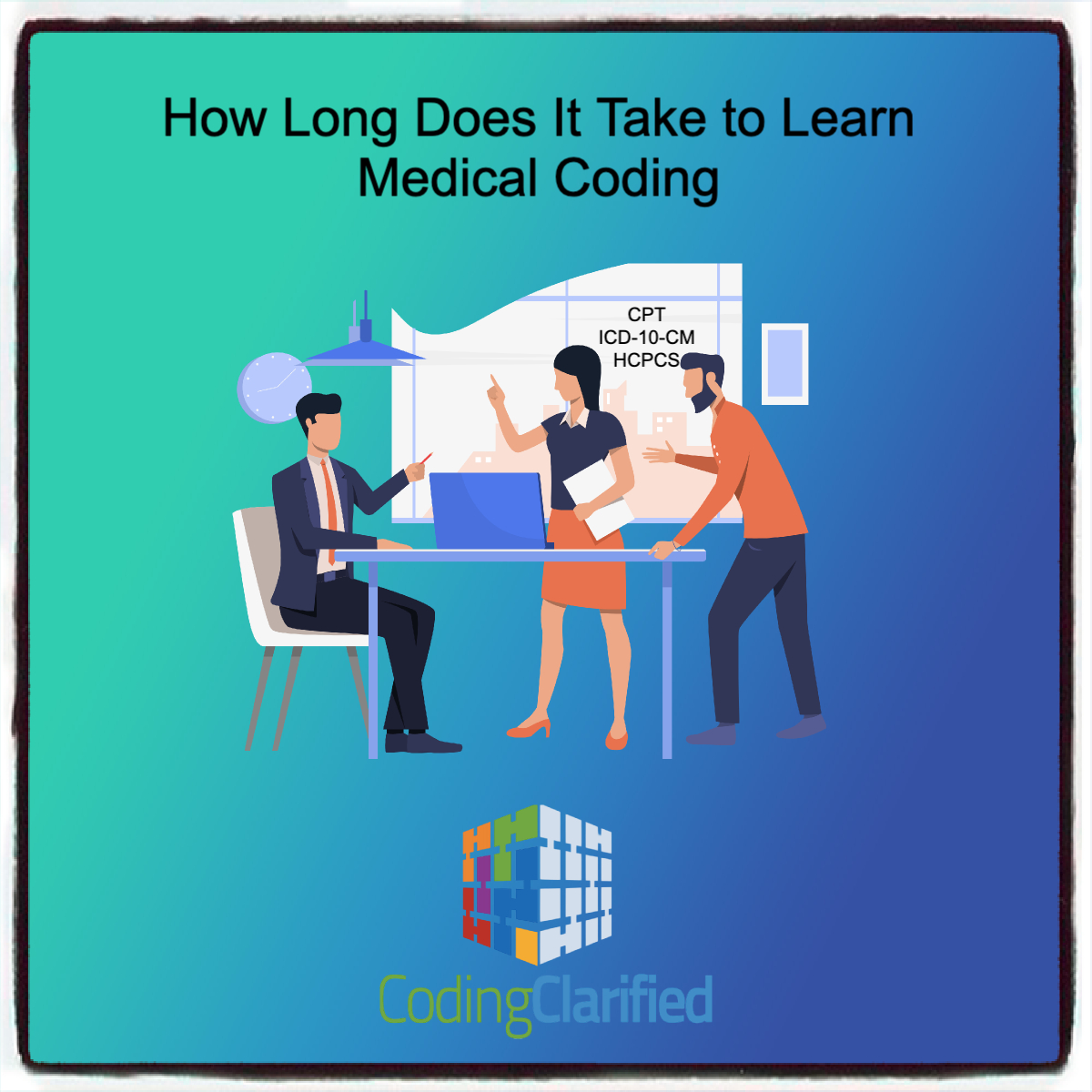How Long Does It Take to Learn Medical Coding?
Learning medical coding is an essential step for those who want to pursue a career in the healthcare industry, specifically in medical billing and coding. Medical coding professionals are responsible for converting medical diagnoses, procedures, and services into standardized codes used for insurance claims, patient records, and other healthcare documentation. These codes are used for billing and reimbursement, making accuracy crucial in the field. But how long does it take to learn medical coding?
The time it takes to learn medical coding varies depending on several factors, such as the educational path you choose, prior knowledge of healthcare terminology, and how much time you can dedicate to your studies. Here’s a breakdown of the typical timeframes and factors involved in learning medical coding.
Traditional Education Path (Associate’s Degree)
For those pursuing a formal education, an associate degree in health information management or medical billing and coding is the most comprehensive option. This typically takes about two years to complete if you attend school full-time. In addition to learning coding systems, such as ICD-10, CPT, and HCPCS, students will study anatomy and physiology, medical terminology, healthcare law, and billing procedures. An associate degree is a great option for those who want a solid foundation and the potential for advancement in the field.
Do You Need a Degree to Be a Medical Coder? Exploring Your Options https://codingclarified.com/breaking-into-medical-coding-do-you-really-need-a-degree/
Certification Programs (3 to 12 Months)
For those looking to start working in the field more quickly, medical coding certification programs can be a faster route. Certification programs are usually offered by community colleges, vocational schools, and online platforms. These programs can be completed in a range of timeframes, from 3 to 12 months, depending on the intensity of the program, your learning pace, and whether you study part-time or full-time.
The most common certifications for medical coding include:
-
Certified Professional Coder (CPC) – offered by the American Academy of Professional Coders (AAPC)
-
Certified Coding Specialist (CCS) – offered by the American Health Information Management Association (AHIMA)
-
Certified Coding Associate (CCA) – also offered by AHIMA for beginners
Certification programs typically focus on the ICD-10 (International Classification of Diseases), CPT (Current Procedural Terminology), and HCPCS (Healthcare Common Procedure Coding System) coding systems, along with an understanding of medical terminology, anatomy, and healthcare policies.
Online Learning (3 to 9 Months)
If you prefer a more flexible learning schedule online courses are available, which can also range from 3 to 9 months. These courses allow you to learn at your own pace, which is ideal for people who are working full-time or have other commitments. Many online courses offer study materials, video lessons, practice exams, and virtual labs to give students hands-on experience with coding.
Coding Clarified CPC training 16 weeks https://codingclarified.com/mastering-online-medical-coding-training/
Experience Factor
While formal education and certification programs teach you the fundamentals of medical coding, gaining practical experience is an important factor in mastering the field. Once you complete your training or certification, gaining experience on the job will help you become proficient. For example, entry-level medical coders may start out as coders in less complex areas before advancing to more specialized roles in surgical or inpatient coding.
The learning curve in the field typically takes anywhere from 6 months to 2 years of on-the-job experience to become highly proficient. During this time, you’ll become more familiar with navigating coding manuals, staying up to date with new codes and regulations, and improving your speed and accuracy.
Complete your CPC
Factors That Affect Learning Time
Several factors can influence how long it takes to learn medical coding:
-
Prior Knowledge: If you have a background in healthcare or medical terminology, you may be able to learn faster.
-
Study Habits: How much time you can devote to studying each week will determine how quickly you progress through a program.
-
Learning Style: Some students may prefer structured classroom learning, while others thrive in an online environment.
-
Certification Requirements: Some certification programs have specific prerequisites or require a certain number of clinical hours, which can impact how long the learning process takes.
The amount of time it takes to learn medical coding depends largely on the educational path you choose, whether you study full-time or part-time, and your prior knowledge and experience in healthcare. For most people, it can take anywhere from a few months to a couple of years to learn medical coding and become proficient enough to work in the field.
Regardless of the route you take, becoming a skilled medical coder requires commitment, practice, and a willingness to stay updated with ongoing changes in coding systems and healthcare regulations. However, with the growing demand for healthcare professionals and coders, pursuing this career can be a rewarding and stable choice.

